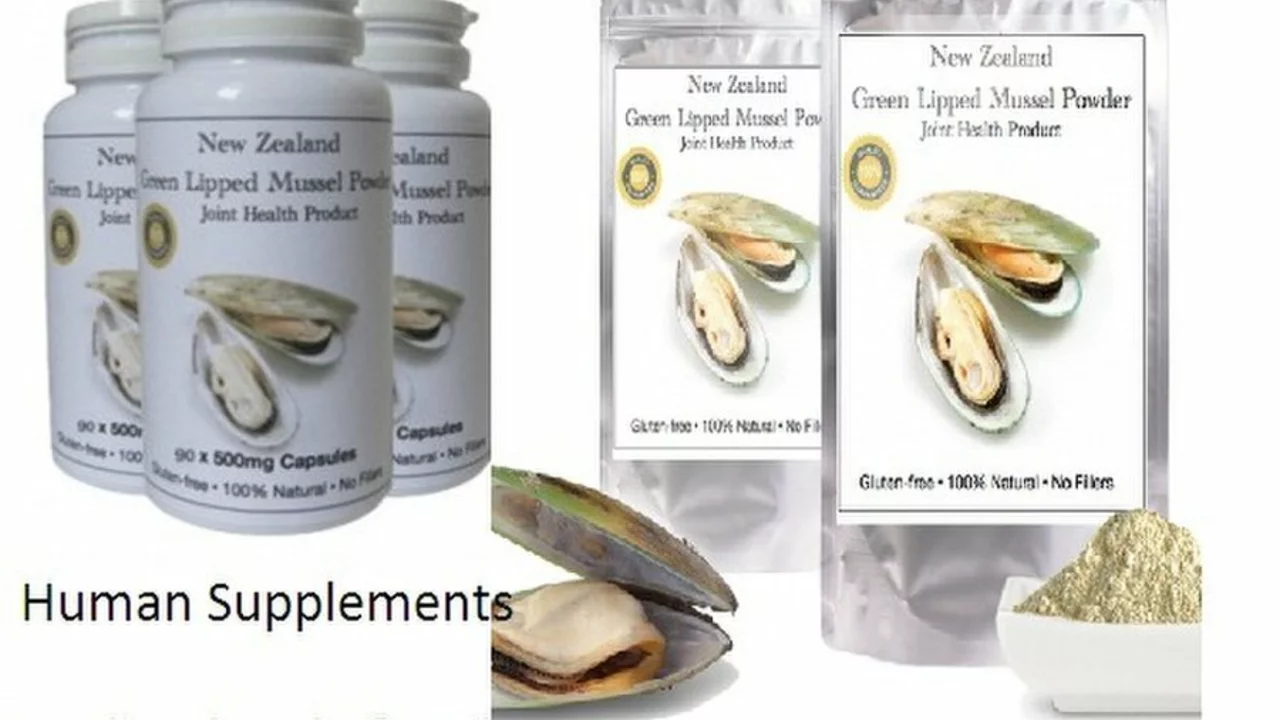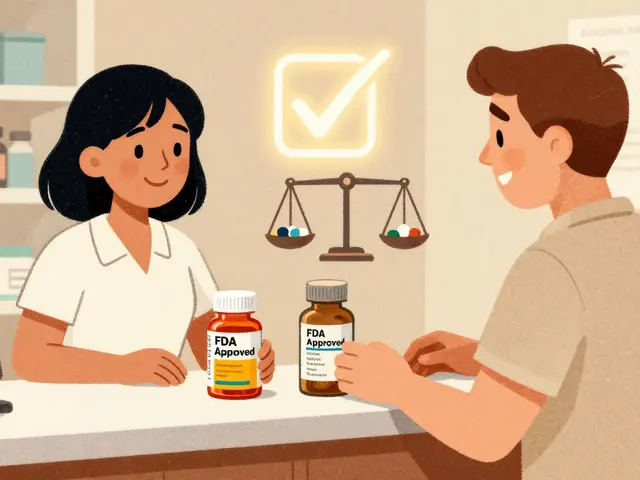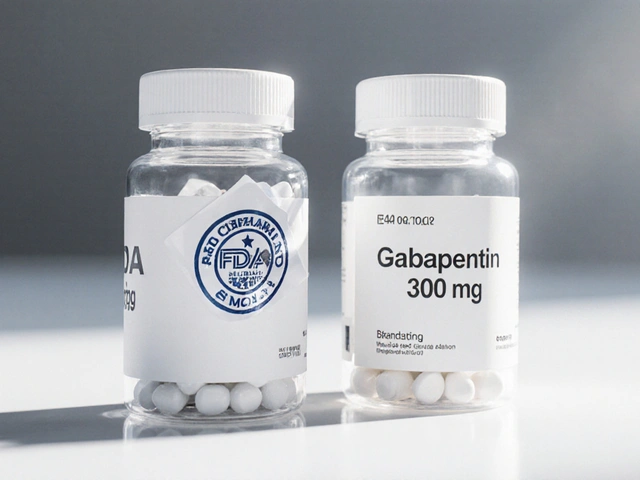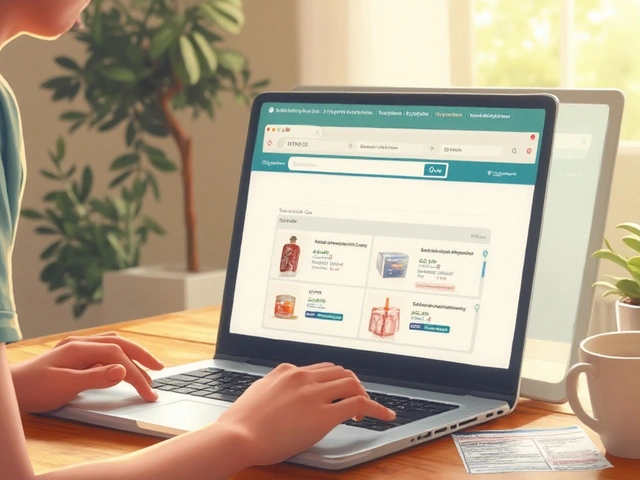Shepherd's purse supplements: what they do and how to use them
Shepherd's purse (Capsella bursa-pastoris) is an herbal remedy people have used for bleeding problems for centuries. You’ll see it sold as capsules, tinctures, teas, and dried herb. The reason it’s popular: it appears to have hemostatic effects — that means it can help reduce bleeding from cuts or heavy menstrual flow.
If you’re considering it, know this up front: the evidence is promising but limited. Some clinical reports and traditional use point to real effects on bleeding. That makes it useful for short-term issues, but it’s not a replacement for medical care when bleeding is heavy or sudden.
What it does and how to use it
Shepherd’s purse contains flavonoids, tannins, and other compounds that may tighten small blood vessels and help blood clot more quickly. People commonly use it for light to moderate menstrual bleeding, nosebleeds, and minor wounds. Forms and common approaches:
- Tea: steep 1–2 grams of dried herb in hot water for 10 minutes; drink up to 2–3 cups daily for short periods.
- Capsules/tablets: typical supplements range 300–500 mg per capsule; many users take 1–3 capsules a day depending on product strength.
- Tincture: follow label directions; common dosing is small amounts several times a day (for example, 0.5–2 ml), but concentrations vary a lot between brands.
Always follow the product label or your practitioner’s advice. If bleeding is heavy, sudden, or accompanied by dizziness or fainting, seek emergency care first.
Safety, interactions and buying tips
Safety matters here. Don’t use shepherd’s purse if you’re pregnant. Some herbal guides and practitioners warn it could affect the uterus. Avoid it if you’re on blood-thinning medication (warfarin, dabigatran, rivaroxaban, aspirin) because shepherd’s purse can change clotting and might reduce or unpredictably alter medication effects.
Allergic reactions are possible but uncommon. Stop use and see a doctor if you get rash, swelling, or breathing trouble. Also avoid long-term daily use without medical oversight; herbs used continually can cause unexpected effects over time.
When buying: pick brands with clear labeling, full ingredient lists, and a stated dose per serving. Third-party testing (USP, NSF, or an independent lab) is a plus. Steer clear of products that hide amounts in vague "herbal blends." Organic sourcing reduces pesticide risk but doesn’t guarantee safety.
Practical tip: if you plan to use shepherd’s purse for a predictable event (like heavy periods), test a short course ahead of time so you know how your body reacts. Keep your doctor in the loop, especially if you take other meds or have bleeding disorders.
Want a quick next step? Check the supplement label for dose and look for a lab test badge on the bottle. If anything looks unclear, ask the seller or a pharmacist before buying.
Shepherd’s purse can help with some bleeding issues, but treat it like any active herb: use smart doses, watch for interactions, and consult a clinician when in doubt.










